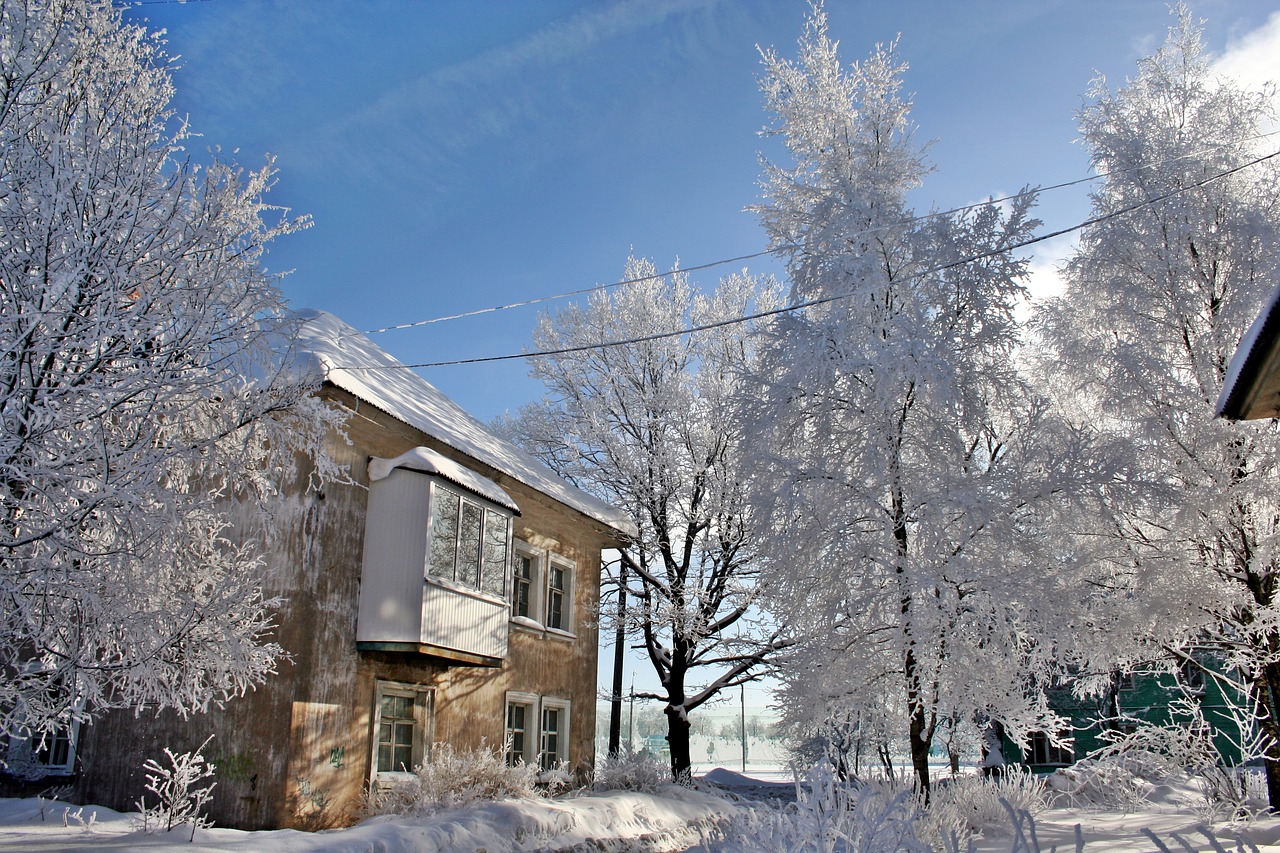Advice for First-Time Travelers to Russia by Arie Helderman Posted by Maria on Jun 11, 2018 in when in Russia
This post is the second in a series of first-hand accounts and tips from people who have traveled to Russia. Check out previous posts in this series here! Our second guest author is Arie Helderman, a freelance copywriter from the Netherlands. He runs his own site about learning Russian at learntherussianlanguage.com. The rest of this post is by Arie, with some of the Russian spellings and translations of Russian words added in by me.
Some background information on me
My first trip to a Russian speaking country was when I was 16. My father asked me if I wanted to join him on a business trip to Ukraine. I didn’t know the language back then and would’ve never guessed that less than 10 years later I’d be speaking Russian.
6 years after that a Russian speaking colleague taught me some Russian words over a couple of beers in a bar. I got interested and soon found myself learning some phrases and sentences on my own.
A year later I met a Russian girl while studying in Madrid and before I knew it I was invited to meet her parents in Russia.
In 2016 I flew for the first time to Moscow. I stayed there for 1 week and went for 2 days to St. Petersburg and a couple of days to Crimea (Крым).
Over the last 2 years I have been to Russia 5 more times. Mostly just in Moscow, but I also went on a road trip on the Golden Ring (Золотое Кольцо).
My latest Russian adventure was fishing (рыбалка) in Norway with my father in law and some of his friends. (it was an intense 5-day course in Russian ?)
Is it dangerous for foreigners to travel to Russia? Will people be hostile to me because of where I’m from?
Everywhere I’ve been it has always felt safe to me. Maybe a bit less than in Holland (Голландия), but nothing to be worried about. My girlfriend told me there are several neighborhoods in Moscow that are better not to go to at night—but every large city has those.
Even in Crimea I never felt threatened. Even though the European governments are warning that it is practically a war-zone. Yes, you might see some tanks and soldiers on the road (because there are several military bases located there). But as long as you’re not causing trouble and have a native Russian with you (if you don’t speak the language fluently), you should be fine.
The only occasion when things got a little heated was when we were waiting in line for a Moscow nightclub (ночной клуб). Some Russian guys started talking to my girlfriend and my Russian wasn’t good enough to calm them down.
However, after they found out that I was from the Netherlands they told me their dream was to travel to Amsterdam one day—and everything turned out fine.
So I’d say that Russia isn’t all that dangerous as the media makes you believe. It might’ve been different 20 years ago—but today if you’re not actively looking for trouble, you won’t have to worry.
With that said, I can imagine that the experience would be different for people with a different ethnic background or a different sexual orientation.
How can I stay safe and keep my money?
Same thing as for other large places, don’t keep your money (деньги) or wallet (кошелëк) out in the open. Keep a good eye on your surroundings—especially when somebody talks to you on the street or bumps into you.
On a different note, if you’re in smaller villages or poorer areas, I think it’s a good idea to not look like you’ve got money. So keep the brand clothes at home and maybe take your watch off. To be on the safe side it’s also better, if possible, to have a native Russian speaker with you in those places and/or at night.
How much Russian do I need to know?
In all honesty, you don’t really need to know much Russian to have a good time. Especially if you’re staying in Moscow or Saint Petersburg with a Russian native speaker who also knows English. Although you should make sure that you know at least the Cyrillic alphabet (it’s easy to learn in a couple of hours).
However, with every extra couple of words or phrases in Russian that you know, your trip will become even more fun. So try to get the basics down and then work your way from there:
- How to introduce yourself and say some things about who you are and what you do
- How to order food in restaurants
- General Russian manners when you’re invited home (don’t shake hands over a doorstep, take your shoes off, bring a present from your country, etc.)
- General helpful phrases such as:
- I like … (мне нравится …)
- Could you speak more slowly please? (Вы можете говорить помедленнее, пожалуйста?)
- Excuse me, I didn’t get it (извините, я не понял/поняла)
- What’s that? (что это?)
The most important thing is to show that you’re willing to learn new things and have an interest in the Russian culture (русская культура) and people.
How can I keep in touch with my friends and family back home?
With Wi-Fi available everywhere, you can simply use WhatsApp to chat and call. Or any other chat app that your friends and family use. You can also get a Russian sim card if you’re travelling outside of the cities and/or for a longer period of time.
Is food and water safe?
Russian food is incredibly delicious. I’ve never had a problem because of eating bad food. The only thing I’d avoid is street vendors who are selling fruits, because they might not wash them correctly.
Water, on the other hand is something different. Do not drink tap water (вода из-под крана). It’s not that you’ll catch bad bacteria right away, but the quality is just bad. So make sure you have some bottled water with you at home.
One exception to this is that more people are installing a water purifier tap in their kitchen. It’s a small tap and you can safely drink from that one. You’ll easily recognize it as it is much smaller than a regular tap and only gives a little stream of water. There’s no need to guess though, as your host will usually inform you when this type of tap is installed.
Can taxis be trusted? What’s the best way of getting around?
I think it’s better to take an Uber (or Yandex Taxi—it’s the same company) instead of a regular taxi, as the review system will make sure that your driver is a normal guy that can be trusted. Recently they also started showing the total ride fare upfront for driving from A to B. So you won’t have to worry about taxi drivers taking a longer route on purpose to make you pay more—or that the traffic jam (пробка) you just caught is going to double your fare.
When you’re flying to Moscow you can take train shuttles from the center to/from some of the airports: Domodedovo (Домодедово), Sheremetyevo (Шереметьево) and Vnukovo (Внуково).
Also, if you’re just staying in the center, try to use the metro as often as possible. It’s the cheapest, fastest and easiest way of getting around.
I would like to thank Arie for taking the time to share his experiences, especially since they are fairly recent. Is his perception of Russia sound similar to yours? Why or why not?
Build vocabulary, practice pronunciation, and more with Transparent Language Online. Available anytime, anywhere, on any device.







Comments:
Eugene Sedita:
Hi Maria,
I often wish you’d also give the literal translation for the Word of the Day sentences along with the figurative, colloquial translation. I find that easier to remember.
Thank you for W ot D, Gene
Maria:
@Eugene Sedita Hi Eugene, I don’t actually prepare the word of the day, but our team reads this blog and may be able to comment on their decision to give idiomatic translations.
Alan Sargeant:
I am an older Australia who has been a regular visitor to Russia since 2006. My Russian is usually quite understandable and I regularly get compliments for it.
With one notable exception (the train attendant deliberately put me onto a wrong platform at Khosta the day of the Australian game against Peru; a station attendant kindly provided a solution to the problem). I have found Russians friendly and helpful.